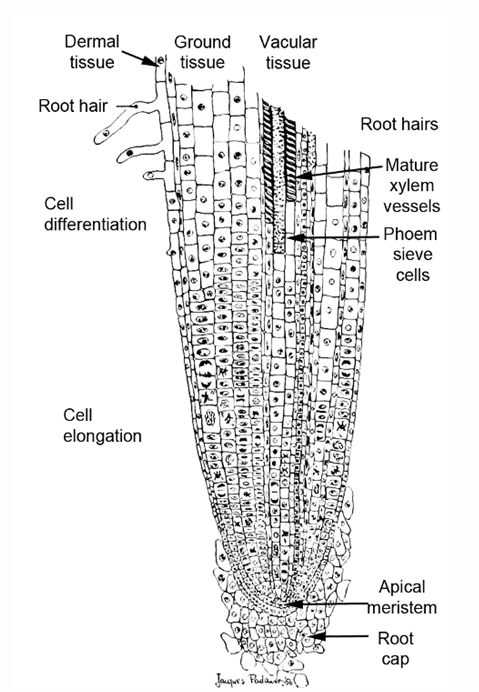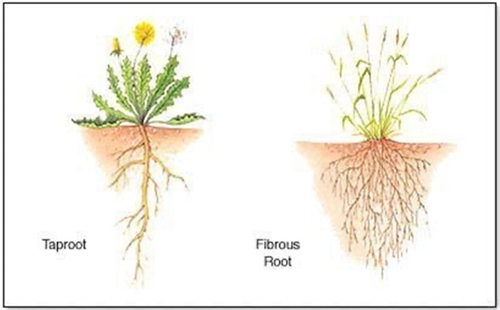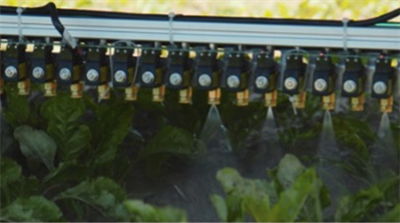Dec 11, 2024
Late blight of Celery (2024-b)

As celery starts to develop dense foliage, and with some favorable weather, it is that time of the year to watch out for late blight in celery.
Late blight of celery is caused by fungi Septoria spp. The disease is named late blight as it is mostly seen at the later in the growing season, but don’t be surprised if you see the symptoms in early season when the weather is conducive. Leaf spots are dark, circular to irregular in shape, and 3-10 mm in diameter. Dark colored fruiting bodies (pycnidia) ofthe fungus which form in the center of leaf spots give the spots a grainy appearance. In case of severe infection, large number of spots are formed and can significantly reduce yield. Sometimes, angular spots are seen as the symptoms are restricted by leaf venation. The stalk or petiole of the plants can also be infected and large number of pycnidia observed in the stalk. Pycnidia is basically huge amounts of asexual spores in dark fruiting bodies and are formed on the older lesions and their development is encouraged by moist weather.
The pathogen is seed borne but will survive in soil in decomposing celery tissue for months. Cool and wet weathers favor the disease. Temperatures below 75 F are conducive to disease formation. High humidity allows abundant production of spores and epidemics are initiated by splashing spores or by movement of spores by contact. Rain, heavy dew or fog, and sprinkler irrigation when temperatures are above 70°F encourage disease development; splashing water disperses spores and aids in spore germination and infection
Acquiring clean seeds is the best management practice for the disease. Hot water treatments are effective but might interfere the germination percentage. Clean cultivation, not planting new crop next to the infected crop field, crop rotation, and fungicides can be used to manage the disease. Avoid sprinkle irrigation after symptoms are observed. Copper sprays can be used in organic farming.
We are conducting a celery trial this year to narrow down a susceptible variety, so we can conduct efficacy trial next season, so stay tuned!
This month in clinic:
The Yuma Plant Health Clinic will be closed from December 23rd to January 2nd. However, pictures of sick plants and text to my phone (928-920-1110) is a fair game!
The Plant Pathology team wishes you all Happy Holidays!
To contact Bindu Poudel go to:
bpoudel@email.arizona.edu











